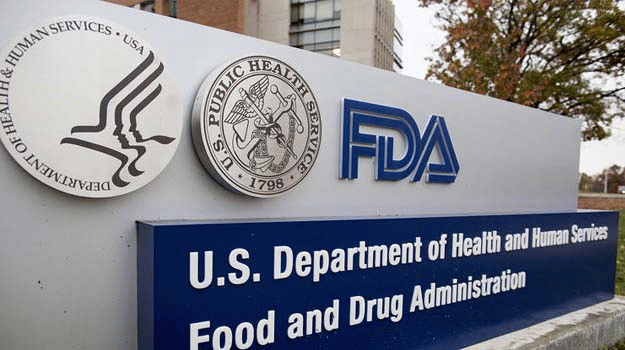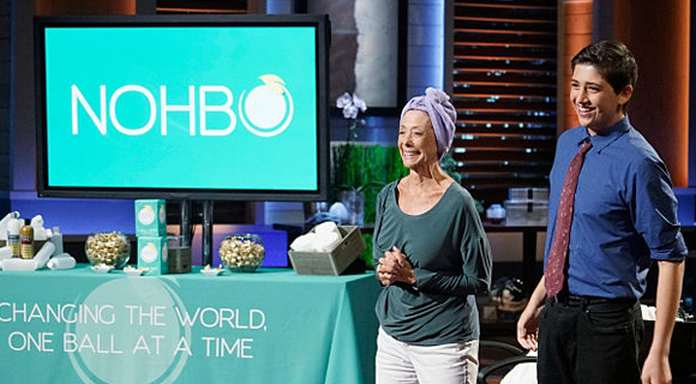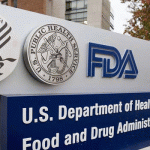FDA issues emergency use authorization of anti-malaria drug Hydroxychloroquine for treatment of coronavirus patients

The Food and Drug Administration (FDA) has issued an emergency authorization of anti-malaria drug Hydroxychloroquine to be prescribed to COVID-19 patients, according to Department of Health and Human Services (HHS). Previously available for “off-label” use, the FDA now gives hospitals and doctors emergency permission to use the anti-malarial drugs hydroxychloroquine and chloroquine to treat coronavirus patients.
As part of the emergency authorization, the HHS has accepted 30 million doses of hydroxychloroquine sulfate donated by Sandoz, the Novartis generics and biosimilars division, and one million doses of chloroquine phosphate donated by Bayer Pharmaceuticals, for possible use in treating patients hospitalized with COVID-19 or for use in clinical trials. HHS also said in a press release that Sandoz, Bayer, and other companies may donate additional doses, and companies have ramped up production to provide additional supplies of the medication to the commercial market.
“Hydroxychloroquine sulfate and chloroquine phosphate are oral prescription drugs approved to treat malaria and other diseases. Although there are no currently approved treatments for COVID-19, both drugs have shown activity in laboratory studies against coronaviruses, including SARS-CoV-2 (the virus that causes COVID-19). Anecdotal reports suggest that these drugs may offer some benefit in the treatment of hospitalized COVID-19 patients. Clinical trials are needed to provide scientific evidence that these treatments are effective,” HHS said.
The FDA also issued an EUA for multiple diagnostics, for several other medical devices such as respiratory devices and a system for decontaminating them to allow for their reuse, and ventilators and ventilator equipment for the COVID-19 response. This is the first EUA for a drug related to the COVID-19 response.
The use of the donated medications is expected to help ease supply pressures for the drug, and the FDA is also working with manufacturers of chloroquine and hydroxychloroquine to increase production to ensure these drugs also remain available for patients dependent on them for treatment of malaria, lupus and rheumatoid arthritis. Some states and retail pharmacies also have taken action to preserve the supply of these and other drugs for these patients.
In addition to accepting and distributing the donated medicines, HHS is funding clinical trials of two drugs, Kevzara (sarilumab) and remdesivir, and is supporting the earlier development of multiple potential therapeutic treatments, vaccines, and diagnostic tests for COVID-19.




